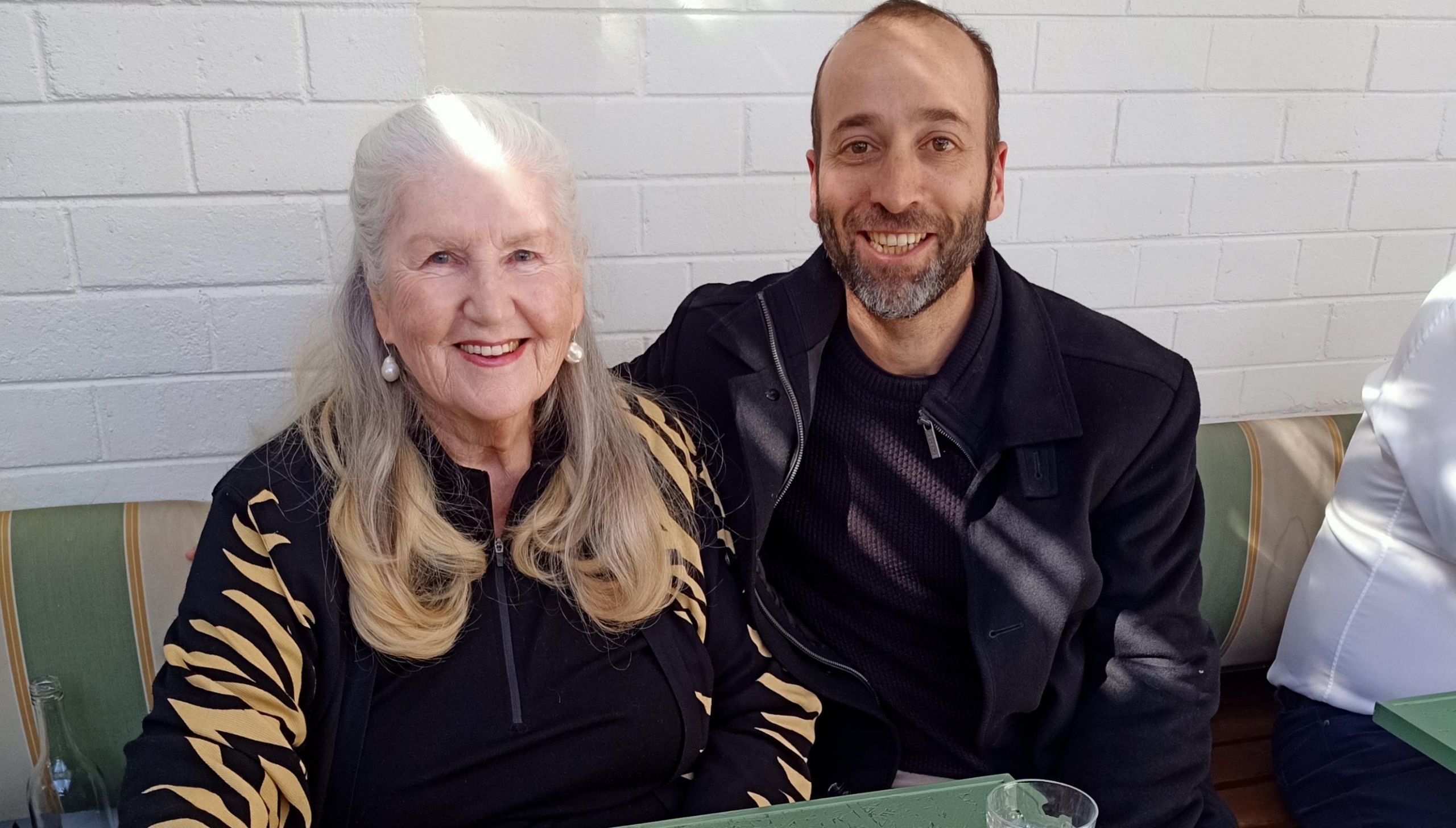Diana Olsberg, the 337th person I’ve met on my quest to have lunch with 500 strangers, is proud that almost all workers are now covered by Australia’s superannuation system.
Diana was one of the architects of our super system and has since advised different governments on how to set up their own retirement savings schemes.
One of the reasons Diana became such a strong advocate for superannuation was discovering, through first-hand experience, how difficult it was to save for retirement if you weren’t a male senior executive.
Diana began her career working as a cadet journalist at the Australian Financial Review, but was shifted from finance reporting to the social pages after a businessman complained that the newspaper had sent a woman to interview him.
She moved to PR in 1962, becoming the first female consultant in the largest Australian consultancy, Eric White Associates. She eventually discovered she was paid 25% less than her male colleagues, despite doing the same job. But Diana wasn’t angry; in those days, women were conditioned to be grateful for the job opportunity.
As a single mother and after the sudden death of her father, Diana found herself as the sole breadwinner for a family of four – herself, her young daughter, her ailing mother and her teenage brother. She worked incredibly hard – and suffered constant anxiety – to make sure she was able to care for everyone.
Diana had been unable to afford to attend university after finishing school; but when the Whitlam government introduced free tertiary education and an accompanying student allowance, she enrolled in university in her thirties as a mature-age student, which led to a new career as an academic. For her award-winning PhD, she wrote a thesis called The Transformation of Australia’s Retirement Income System (1992), becoming one of the country’s leading superannuation experts in the process. Diana ended up doing a lot of work with the union movement, which led the campaign for the broadbased, compulsory super system we have today. Later, she became a board member and then deputy chair of UniSuper and a commissioner on the Superannuation Complaints Tribunal.
I was fascinated as Diana generously shared these stories, and many more besides. She’s led a rich life and feels blessed to have had many memorable experiences – sometimes dark clouds, but lots of sunshine too. Diana is the exact opposite of a sedentary retiree: she continues to push herself to learn new things and meet new people. She says older people, especially women, have a new sense of what it means to grow old.
That open mind led to perhaps the most surprising chapter in Diana’s life – TV star. In 2021, she appeared in the ABC show Old People’s Home for 4 Year Olds. Two years later, Diana still gets recognised when she’s in public.
Diana is a wonderful person and an excellent conversationalist, so I was grateful for the opportunity to meet her and become her friend. On a deeper level, I’ve told many people over the years how lucky I think we are to have our superannuation system, so I’m grateful to Diana and the other people who fought to establish it.







Hello Nick and Diana! It was wonderful to meet Diana yesterday at the stories that stir event in Waverley.